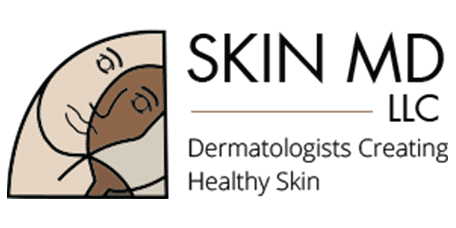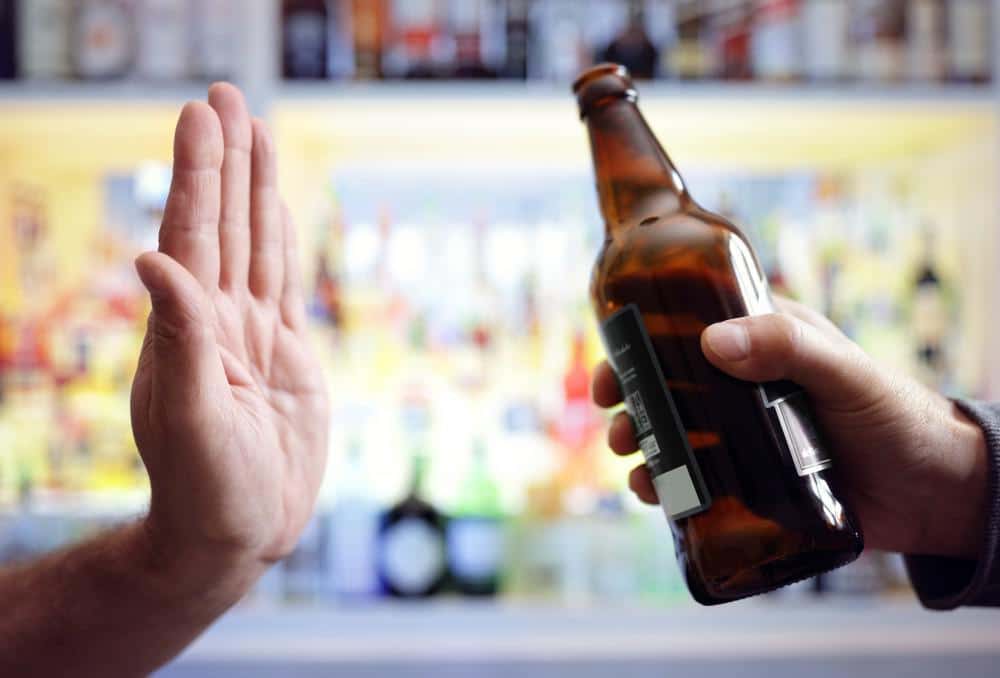Did you know that over 16 million Americans now live with the chronic skin condition called rosacea? To help raise awareness about this frustrating condition, the National Rosacea Society (NRS) has designated April as Rosacea Awareness Month.
At SkinMD, our experienced skin care team understands the embarrassment and frustration rosacea can bring. We offer customized treatment plans for our rosacea patients that include skin care, prescription medications, and laser therapy.
We also know that preventing flare-ups in the first place is often the best course of action. That’s why we’ve put together this helpful guide. Read on to learn five common rosacea triggers to avoid!
What is rosacea?
Rosacea is a chronic inflammatory skin condition that gets its name from the persistent redness it causes in your skin. The redness usually gets worse over time and can even create visible blood vessels, thickened skin, and red, irritated eyelids.
Although anyone can be affected by rosacea, it’s more common in fair-skinned, middle-aged women. Currently, there’s no cure for the condition, but symptom management can be achieved with proper treatment.
What are the five common rosacea triggers to avoid?
Recent surveys demonstrate that about 90% of rosacea patients feel the condition has caused a drop in their self-confidence and self-esteem. Since the exact cause of rosacea is unknown, it’s important to avoid the lifestyle and environmental factors that trigger flare-ups.
Though each person may have unique and personal triggers, here are the top five common rosacea triggers to avoid:
1. Spicy foods
It may be hard to turn them down, but the curry, cayenne pepper, salsa, and red pepper flakes used to make your favorite Indian or Mexican dishes are some of the ingredients in spicy foods that can trigger rosacea flare-ups. Try eating them in moderation or not at all to stave off the redness and stay flare-up-free.
2. Excess sun
When your skin gets warm, the blood vessels near the surface dilate. This increases the blood flow to the skin and creates redness and flushing in the skin. Sun exposure during peak times is one of the most common rosacea triggers for this reason. To keep the red away, avoid excess sun by staying out of direct light during peak hours (10 am – 4 pm) and wearing UVA/UVB-protecting sunscreen.
3. Anxiety and stress
Anxiety and stress are never good news for your health, so it’s no surprise they’re bad for your rosacea, too. Though it might not be possible to eliminate the work and life factors that cause you to stress, learning how to better manage it can make a difference in your skin and your overall health. Activities like yoga, meditation, and tai chi can make a difference in how you feel while keeping rosacea at bay.
4. Exercise
Regular exercise is an important part of living a healthy life. But the same process that triggers rosacea after sun exposure makes exercise one of the most common rosacea triggers. Rather than dumping your exercise routine, take steps to avoid its impact on your skin by exercising indoors or in the early morning or evening to avoid excess heat. Remember to stay well hydrated, and try to stick to shaded parks and trails.
5. Alcohol
Alcohol is a vasodilator, which means it causes blood vessels to relax, allowing more blood to flow to the skin. If you have rosacea, this creates flushing and flare-ups, especially in the face. What’s more? Rubbing alcohol and alcohol in facial products can have the same effect. It’s best to avoid alcohol altogether to stay flare-up-free. If you drink, do so in moderation on special occasions only.
How can I learn more about rosacea?
If you want to learn more about avoiding rosacea triggers or need help managing symptoms, we can help. With four locations in Chicago, Orland Park and Evergreen Park, Illinois, SkinMD makes getting the best in skincare convenient and easy.
Contact the SkinMD office nearest you, or request an appointment online now for help controlling your rosacea!



